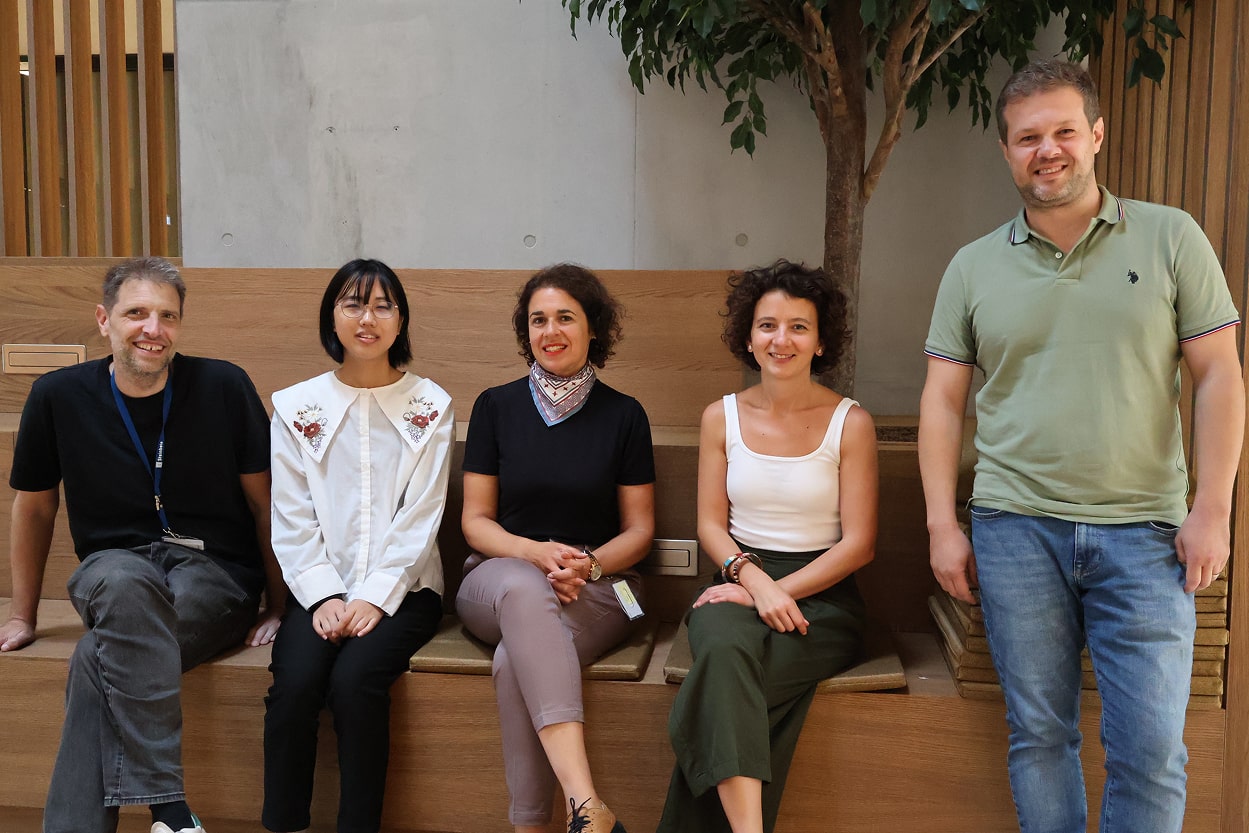



The Steinbeis School of Sustainable Innovation and Transformation (SIT) was founded in 2023 within the framework of the Steinbeis Foundation, one of the world’s leading platforms for technology transfer. Based in Berlin’s Adlershof Science City and partly owned by Steinbeis University, SIT builds on more than a decade of experience in responsible management education and sustainability-focused innovation.
SIT’s roots go back to 2008, when the team launched the Master of Arts in Responsible Management, among the first programs in Europe to link management education to sustainability and the UN PRME framework. In 2010, the program pioneered online learning, reflecting SIT’s willingness to test new approaches early. These experiences shaped what SIT now describes as a Talent Accelerator Organisation (TAO), an approach that emphasises agile curricula, personalised pathways, and close integration with industry. This evolution allows SIT to design education that is innovative and responsive to fast-changing labour market and societal needs.
SIT is firmly embedded in the Steinbeis tradition of connecting theory with practice. Steinbeis University provides a strong academic backbone, while the wider Steinbeis Foundation links SIT to thousands of experts and professors worldwide. With a focus on Continuing Vocational Education and Training (C-VET), delivered with Steinbeis Akademie+, SIT contributes accredited and industry-relevant learning opportunities.
An example of SIT’s applied approach is its Diploma of Advanced Studies in Responsible Data Science, which combines Artificial Intelligence (AI), data analytics, and Environmental, Social, and Governance (ESG) principles.
SIT’s philosophy is centred on triple transformation: green, digital, and social/cultural. These dimensions are treated as interconnected and mutually reinforcing. This perspective is especially relevant to the energy transition in the heating and cooling sector. Even when sustainable finance regulations and investment mechanisms are in place, transformation only succeeds when people are placed at the centre, both as members of their communities and as professionals with the skills to apply new solutions. Repower Regions reflects this same people‑centred logic: it supports professionals in understanding and using new technologies, turning risks into opportunities while strengthening competitiveness and community well‑being.
SIT oversees Quality Assurance and Learning Recognition in the project. Their role is not limited to monitoring quality but extends to creating systems that make learning outcomes recognised, transferable, stackable, and individualised, in line with European frameworks for lifelong learning and micro‑credentials. The goal is to ensure that new skills developed through the project are portable across institutions, borders, and sectors.
This responsibility draws directly on SIT’s history. Running accredited programs such as the Master in Responsible Management showed how to maintain standards in formal education. More recently, SIT has developed procedures for Quality Assurance of one of the major EIT Knowledge and Innovation Centers. Their years of experience in European cooperation projects provides the capacity to adapt these methods to diverse institutional and national contexts. Work on quality assurance and recognition is central to Repower Region’s impact. It ensures that competences developed are credible, measurable, and portable across borders, supporting both competitiveness and social cohesion. In this way, our project contributes to Europe’s leadership in demonstrating how prosperity, equity, and ecological responsibility can reinforce one another.